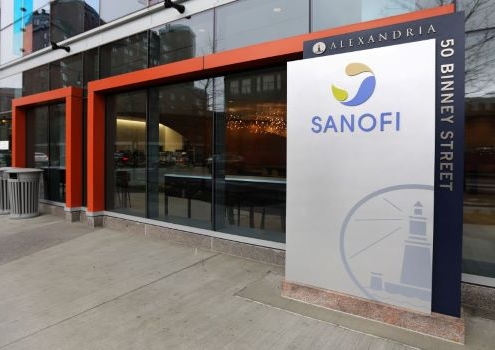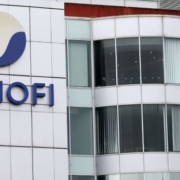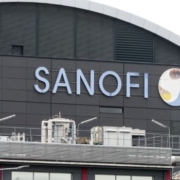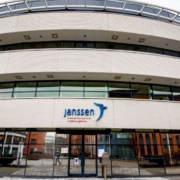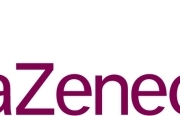Sanofi and CytoReason target IBD in expanded collaboration
Sanofi and CytoReason target IBD in expanded collaboration
Published: Jan 23, 2023
By Kate Goodwin
BioSpace
Sanofi expanded its collaboration with Israeli molecular data expert CytoReason Monday, entering into a multimillion-dollar deal to license the latter’s inflammatory bowel disease (IBD) model.
The deal builds on a 2021 agreement that focused on understanding the heterogeneity of asthma patients to identify asthma endotypes. Financial details of both agreements remain undisclosed.
If data is the new oil, CytoReason is one of its barons. Combining all available information about a disease – literature, data sets, all data types – the company builds computational disease models utilized by its pharma partners to help them determine which drug avenues to pursue next.
In an interview with BioSpace, David Harel, co-founder and CEO, explained the two main applications of his company’s disease models.
One involves running synthetic umbrella trials to compare multiple assets in a specific patient population or multiple R&D programs. This enables companies to budget and decide which assets to move forward with. CytoReason can also run synthetic basket trials.
“We take a compound and evaluate its efficacy across multiple patient populations,” Harel said.
CytoReason can match an asset to the right patient group, he added.
The company does this across multiple indications including oncology, metabolic and neurodegenerative diseases.
Sanofi will use CytoReason’s disease models to help identify assets for IBD, Crohn’s and colitis, therapeutics that could help the 70% of the patient population that has yet to find relief in current treatment options.
The big challenge, Harel said, is to take chronic diseases and make them curable.
“Then, how do we take curable diseases and make them preventable?
The question is, how do you reverse the chronic state of [the disease] to the point where the patient’s quality of life goes back to where it was without a disease?”
Harel said the commercial opportunity for companies that answer these questions is massive.
The collaboration tackles a clear and urgent medical need and has the potential to transform IBD patient care, said Emanuele de Rinaldis, VP, global head of precision medicine and computational biology at Sanofi.
“The incredible pool of data scientists and disease biologists working alongside drug-hunters in the joint Cytoreason-Sanofi team, the unprecedented volume of cellular and molecular disease data that will be harnessed [and] the use of proprietary and advanced analytics…,” gives de Rinaldis the confidence that the alliance will bring new precision therapies to patients.
Sanofi isn’t the only big name leveraging CytoReason’s disease models.
In September, Pfizer also announced an expansion of its multi-year partnership with the company for drug discovery and development for immune-mediated and immuno-oncology diseases.
The platform has already provided R&D program insights across more than 20 indications since the initial collaboration in 2019.
Merck KGaA tapped CytoReason in 2021 to profile one of its leading immuno-oncology drugs.
CytoReason will help Merck sort through the Phase I and II data to determine patient populations and tumor types that will most benefit from the therapy. In return, CytoReason will add more clinical trial data to its ever-growing databases.
Source: BioSpace

